Being brought up in a close British Italian family it’s no surprise that I spent most of my life cooking alongside my Nonna and learning the family secret recipes.
I am proud to say that my children have also taken the family passion for cooking and I am now teaching them these family secret recipes.
The best tips for campervan cooking are to be organised, keep your surfaces clean, learn how to turn simple food into a variety of interesting cuisines and make sure you eat tasty food that you enjoy eating.
Whilst I am not yet ready to share the secret family recipes (although it’s in family discussion) I am very keen to share with you some of my favourite cooking tips that will really help elevate your food.
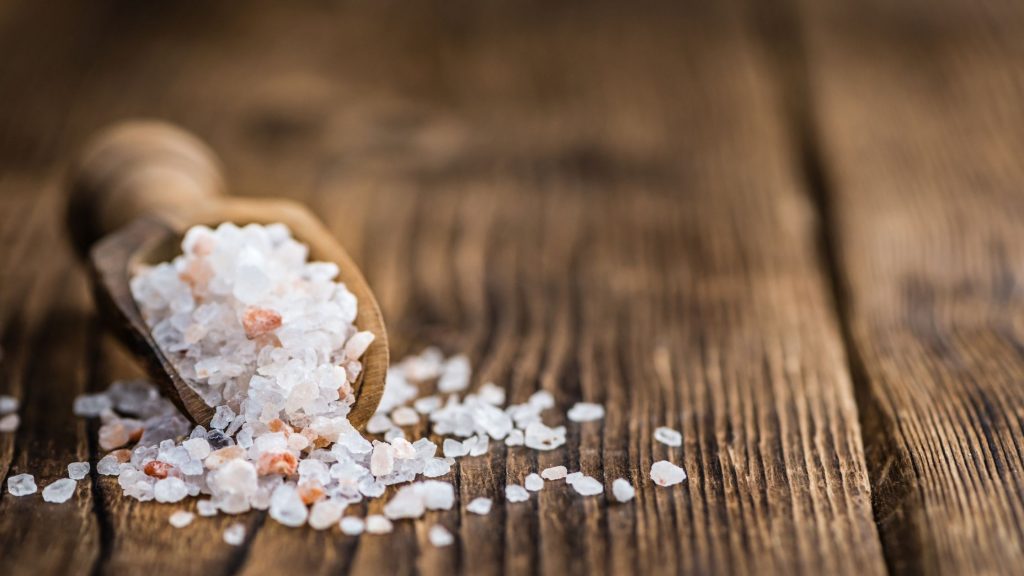
1. If your campervan cooking is tasting bland, add some salt
Often you will find that a pinch of salt is all that is needed to really bring your food to life.
Under seasoned food is a classic rookie mistake and it takes time to know what foods require what amount of seasoning.
Salt as you may know contains sodium and sodium ions have the magic to take away bitterness as well as enhance the sweetness in flavourings.
It is always best practice to taste as you go along whilst cooking to ensure you don’t under or over season.
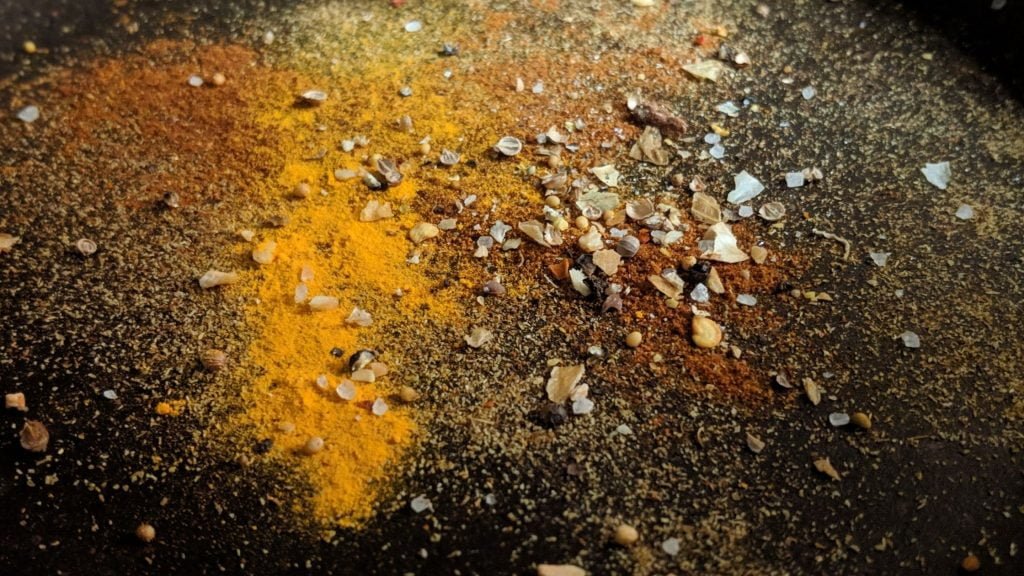
2. Toast your spices first
This is something that took me a little while to realise and what a huge difference it made. My curries and sauces suddenly became fragrant and bursting with flavour, and all I did was add the spices first!
Another rookie mistake is to add spices to your sauce. Always toast your spices over a low dry heat in a pan and start your recipe on these foundations first of all.
When you start adding your other base ingredients to the pan you will find that they start to coat in the toasted spices and bring a whole new depth of flavour to every ingredient that goes in there after.
You could also bloom the spices in some hot oil in a pan to form a fragrant paste that once again brings a concentrated kaboom to your food.
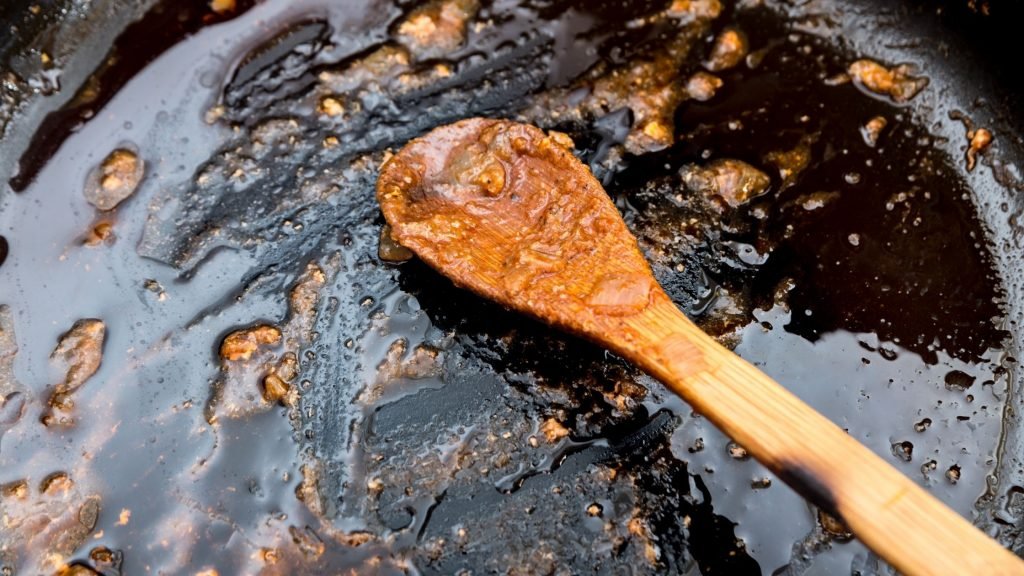
3. Deglaze your pan
This is another trick to really maximise flavour in your cooking and help prolong the life of your campervan cooking pan.
The rookie mistake would be is to scrape the food from the pan and scrub the remaining brown bits that stick to the pan in the sink, potentially ruining your non stick pan but worst of all in my opinion you are washing all the flavour away.
Those stuck on brown bits are like little concentrated flavour bombs and you NEED them in your dish!
Whilst the pan is hot use a little white wine or stock to deglaze the pan forming a little extra concentrate of flavour to add to your food.
You will also be glad that the washing up will be easier and your pan will last a lot longer.
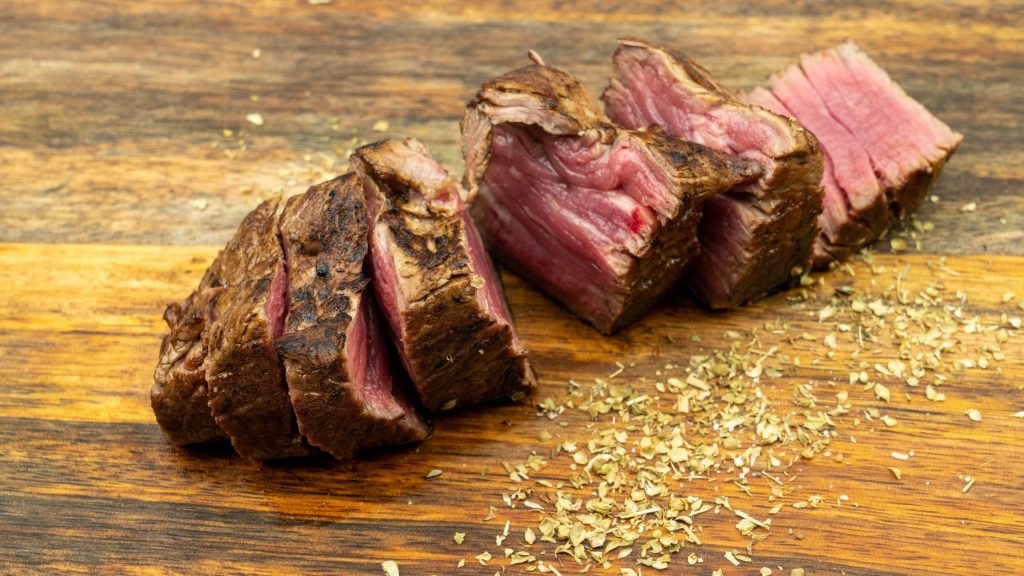
4. Let your meat rest before cutting it
Once upon a time I was a big meat eater and spent a lot of time experimenting with finding the best ways to cook meat. It was then that I realised the importance of letting meat rest before slicing into it and how much juicier it really does get.
When meat is cooked the fibres tend to tense up and it pushes all the moisture / juices out of all the fibres.
If you were to cut it open too early you would find that all the juices will spill out and when you eat the meat it will be very dry.
Allowing meat to rest before cutting into it will allow the fibres to loosen up again and re-absorb the juices. Less juice on your plate and more juice in the meat.
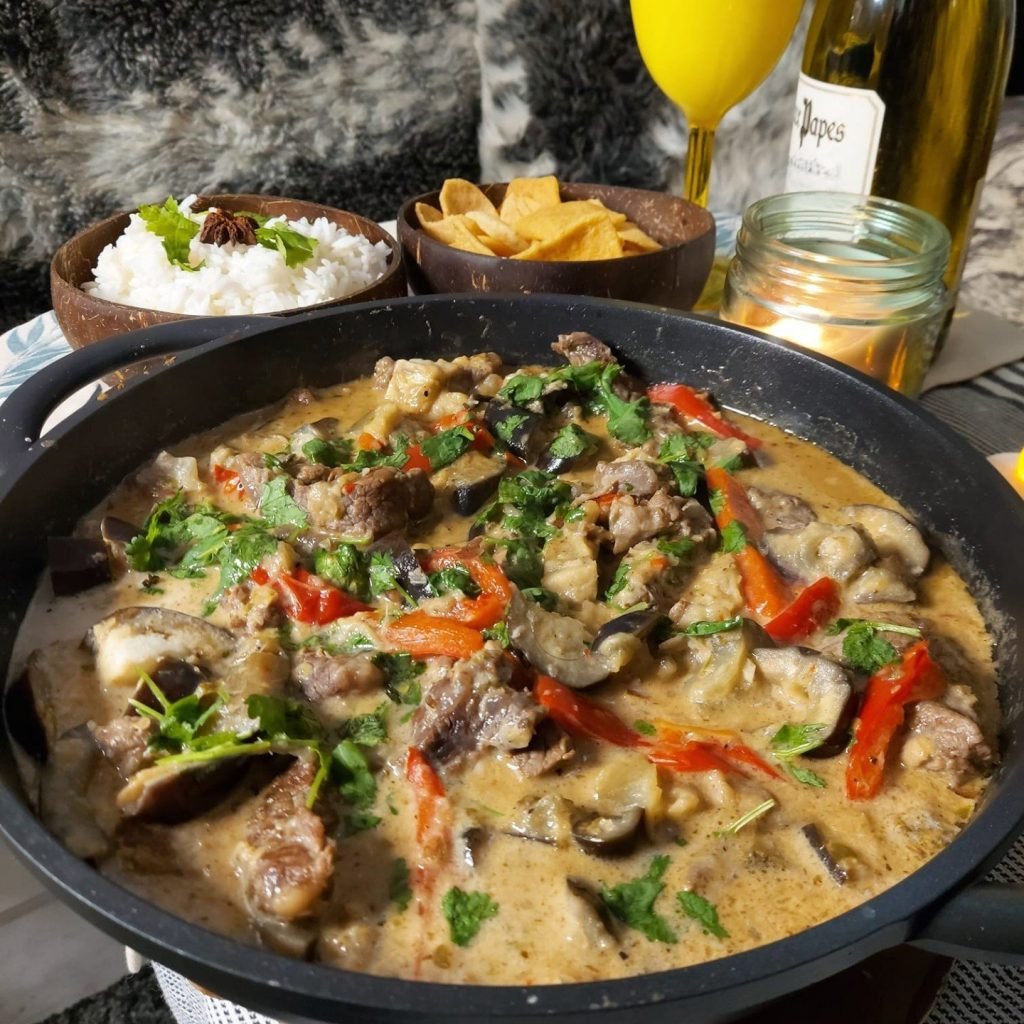
5. Add butter to your sauce before serving
This is more of a restaurant trick to make your sauce look all glossy and rich but it definitely adds a rich buttery sheen to your sauces.
This technique is called “monter au beurre” which is where you add a small dollop of cold butter to your sauce right at the end of its cooking phase before your plate up.
The trick is not let the butter cook and not let the butter fat breakup and separate, and only melt, soften and emulsify to richen and thicken your sauce.
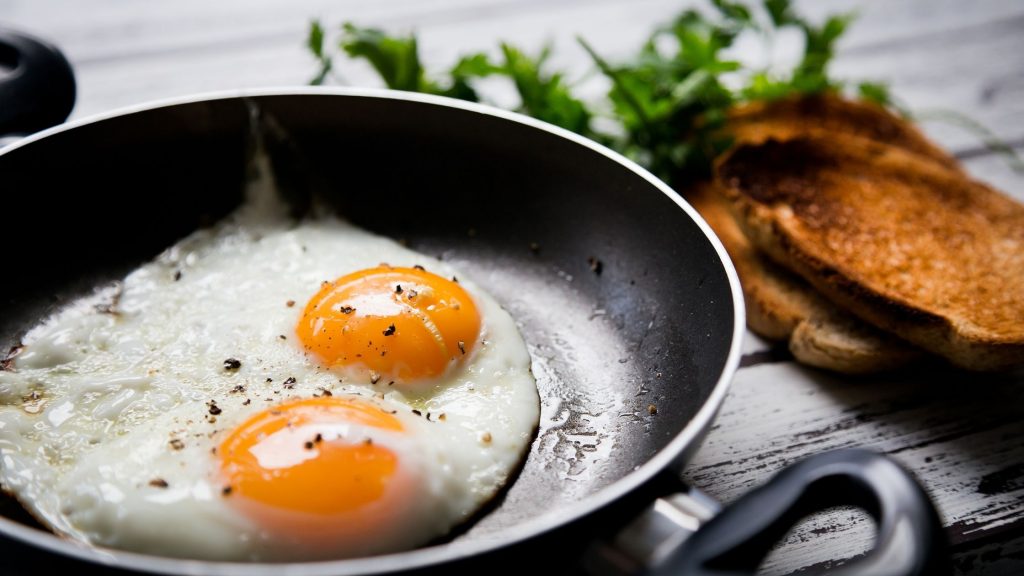
6. Cook your eggs slowly
I always cook the perfect eggs and my best tip is to cook the eggs slowly over a low/medium heat.
There is nothing more disappointing than cutting into your egg and finding it hard and dry and the best way to avoid this is to cook them low and slow. This also prevents the egg white from turning rubbery.
I am also a fan of slow cooking my scrambled eggs as I get a light, fluffy and creamy scramble.
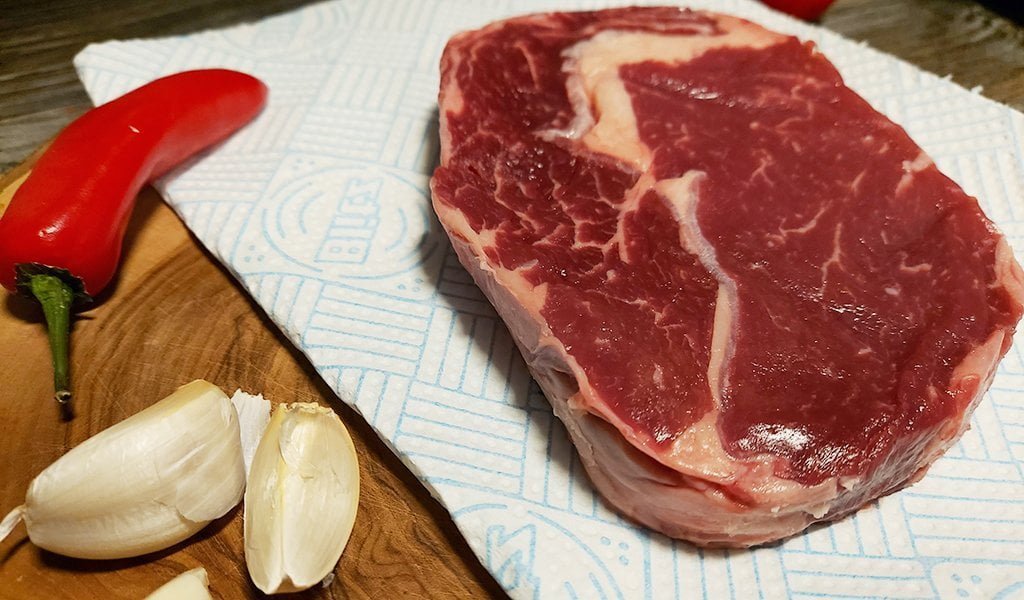
7. Dry your meat before cooking
By thoroughly drying your meat before cooking it will help to get a tasty crisp and golden colour when cooked. It also helps in sealing the meat keeping the juiciness on the inside and crispiness on the outside.
Use a paper towel to pat dry the meat but do not press into the meat and soak up the meats natural juices and moisture, this would remove a lot of the flavour. The aim is to dry the outside layer only.
If you are getting bits of paper towel sticking to your meat then you are probably pressing too hard!
Also make sure you use a thick paper towel as to not leave bits of paper over the outside of your meat.
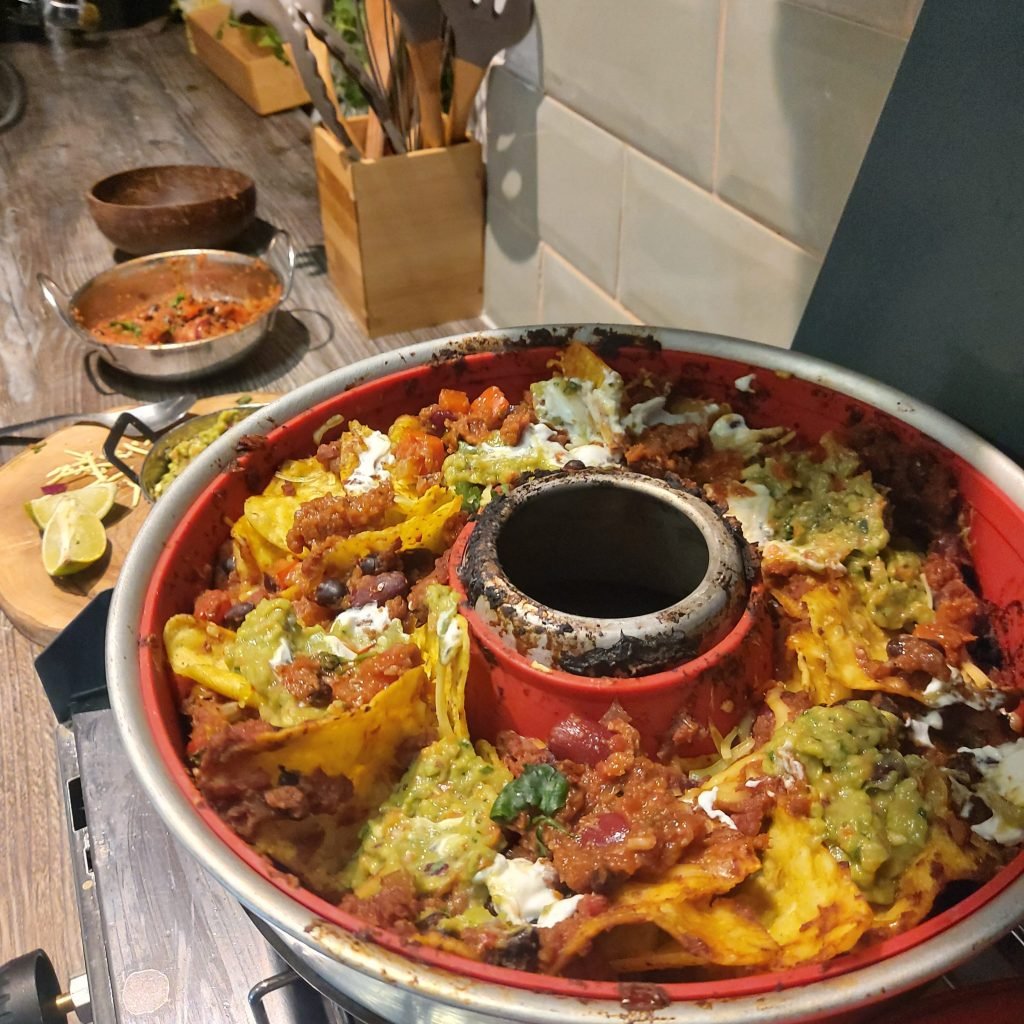
8. Add some crunch
Texture is an important factor to a dish and is almost important as flavour. It’s all about enjoying your food and if your food has no texture it end up sloppy and can be unpleasant.
Try leaving a bit of bite in a vegetable or two or add some crispy breadcrumbs, nuts or seeds.
Take a stir fry as an example, by adding some mange tout towards the end and only briefly cooking them will bring some crunch and also add freshness to your dish.
It makes a huge difference having something to bite on rather than just churning mush inside your mouth!
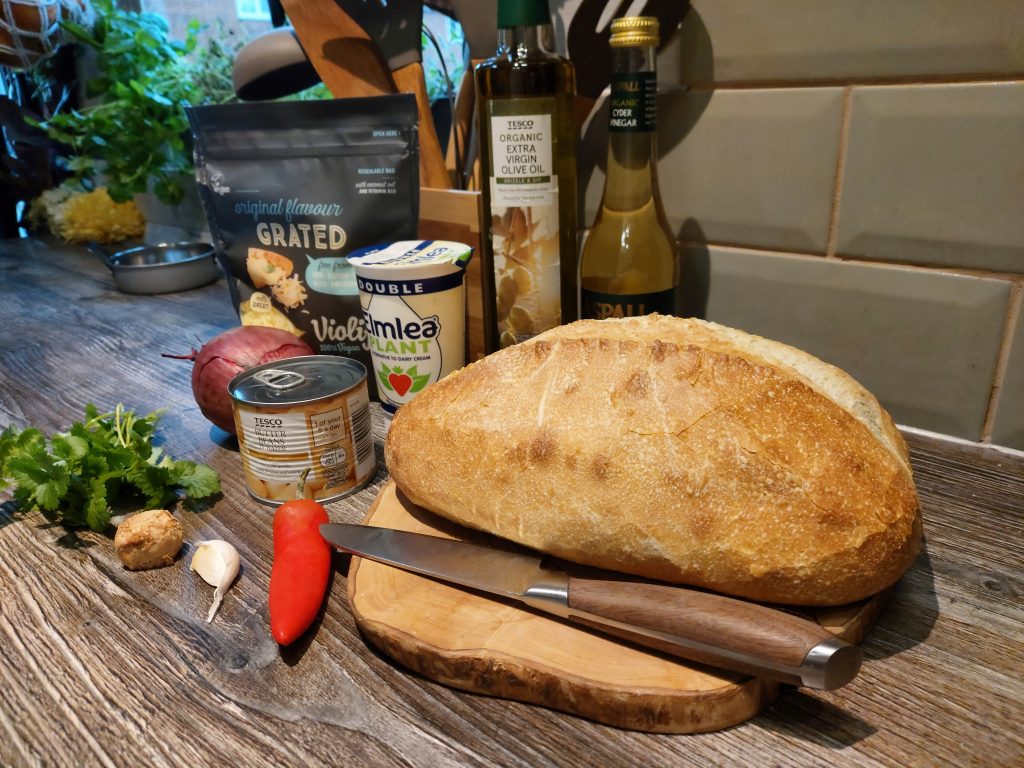
9. Look after you knives (and fingers)
Its actually very dangerous working with blunt knives. By having to put too much pressure into every cut you risk losing control of your knife by slipping or dropping your knife and potentially hurting yourself.
If you haven’t got a knife sharpener in your van make this your number one item on your next shopping list. It makes your culinary experience so much more enjoyable.
Having a quality sharp knife means you get even, good looking cuts of meat and vegetables and most importantly all your fingers intact!
Neat evenly sized food in your pan means everything will cook evenly and taste the same.
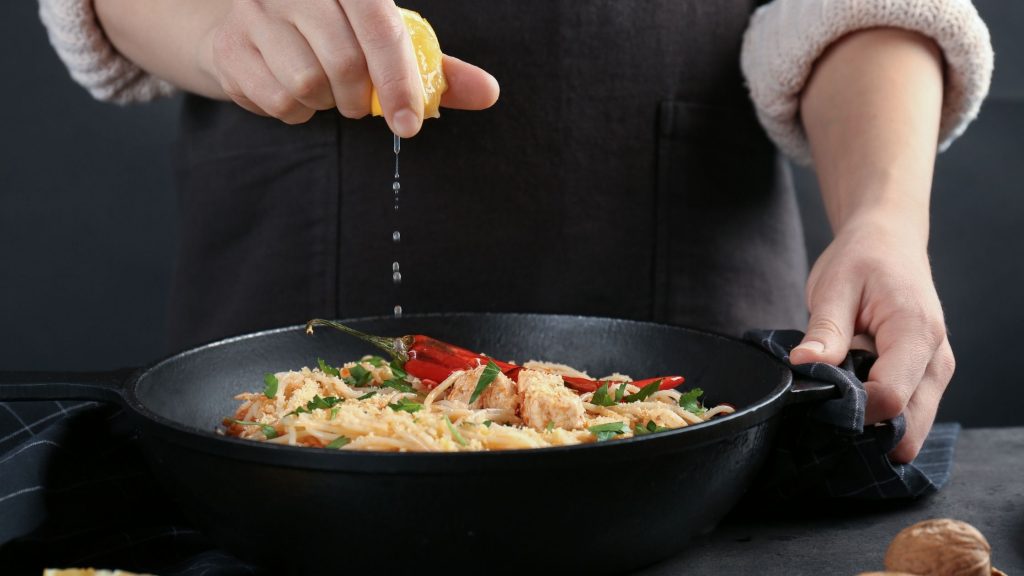
10. Add some acid to liven up your dish
In the same way as salt, acid can massively enhance flavour. If your food is tasting flat and dull, add a squeeze of lemon or lime to brighten it up.
Here’s the secret.. do not add the squeeze of citrus until the sauce or food is completely cooked. It can make your food sing but if you add the citrus too early and it starts to cook it can make your food taste really quite funky.
Be careful with cream based sauces as although adding a squeeze of lemon will brighten the flavours, adding too much can curdle the diary.
It’s not only citrus fruit that brings your flavours to life, you can get the same effect by using vinegar.
As mentioned before, deglazing your pan with vinegar works amazingly or you can drizzle vinegar like a dressing.
Try balsamic vinegar on strawberries as this brings out the sweetness in the strawberries.
Conclusion
These are just a hanful of useful tips I have learnt not only from my Nonna but from friends who are professinal chefs and not to mention my 40+ years of passionate cooking.
Hopefully these basic cooking tips will help improve your culinary skills in your campervan kitchen.
Happy Cooking!
Mark

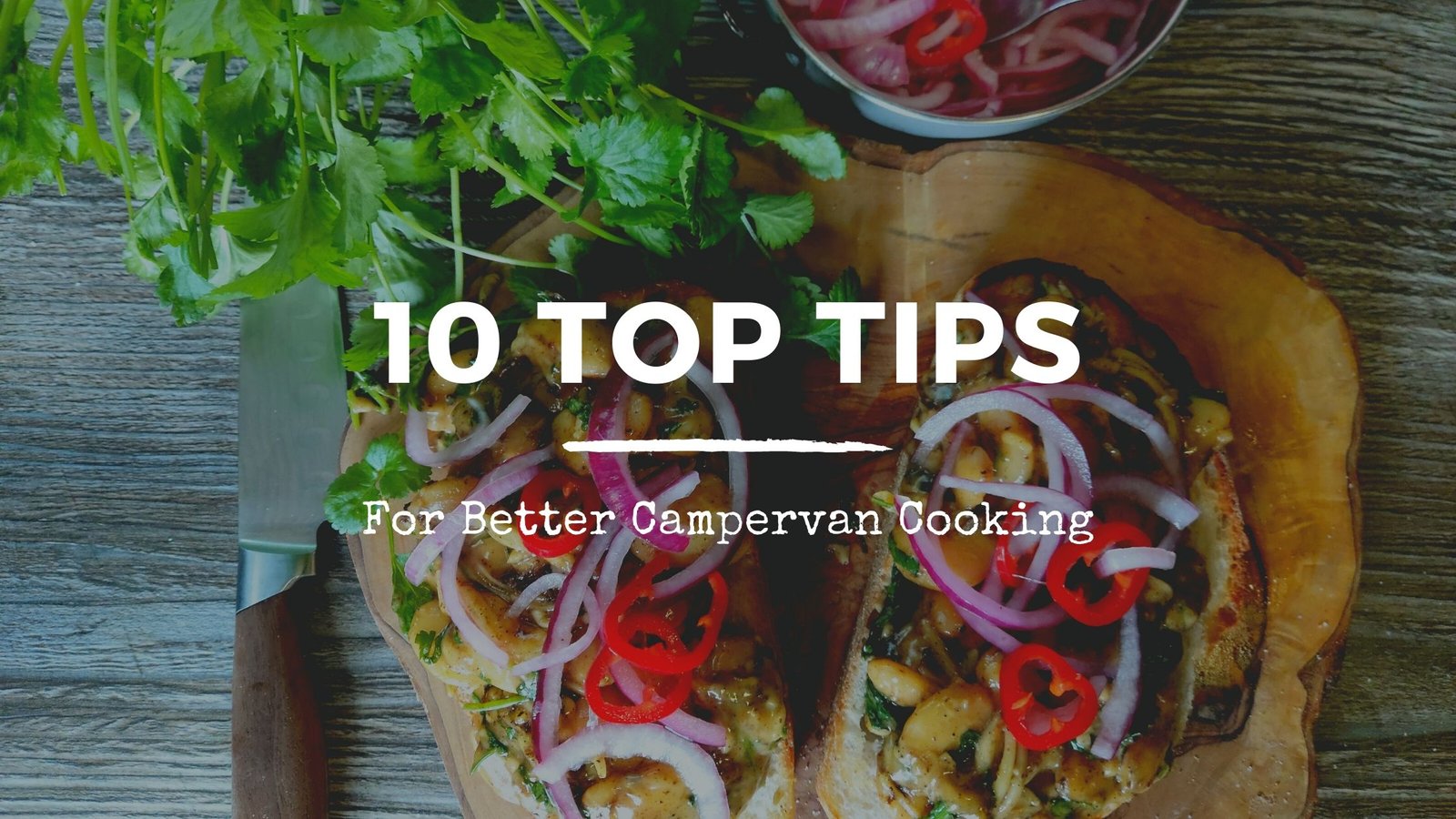

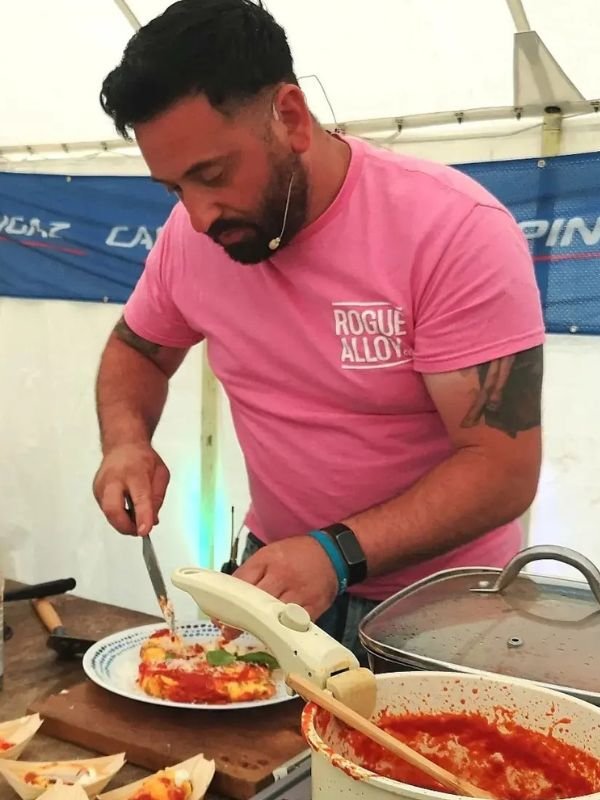
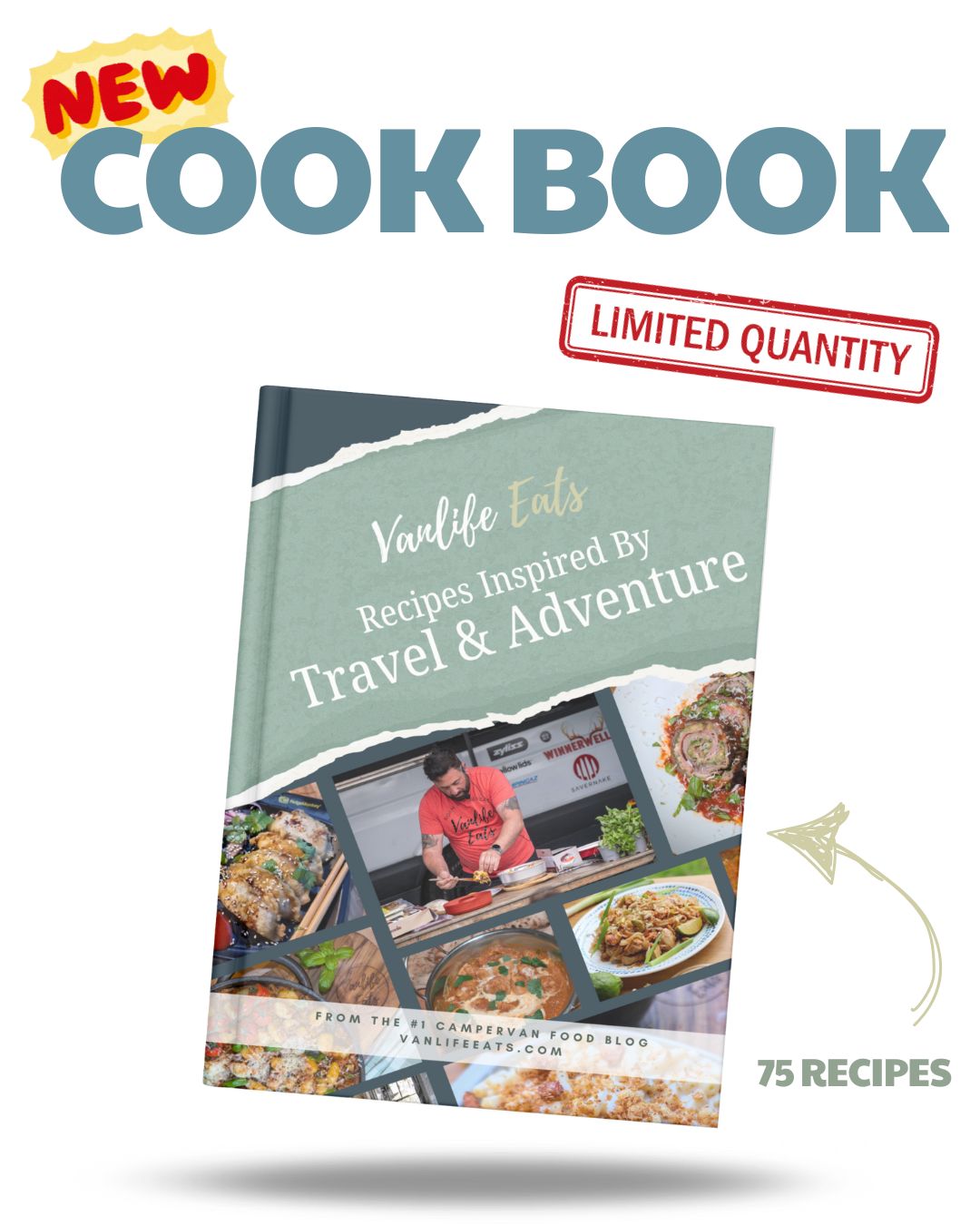

0 Comments